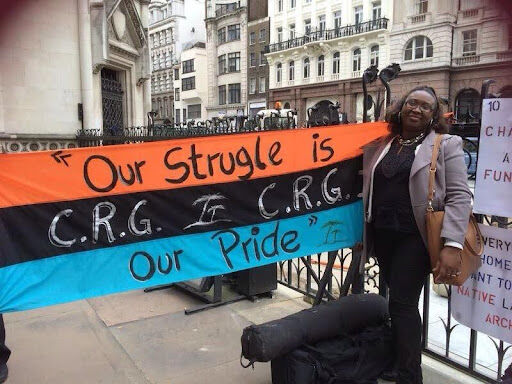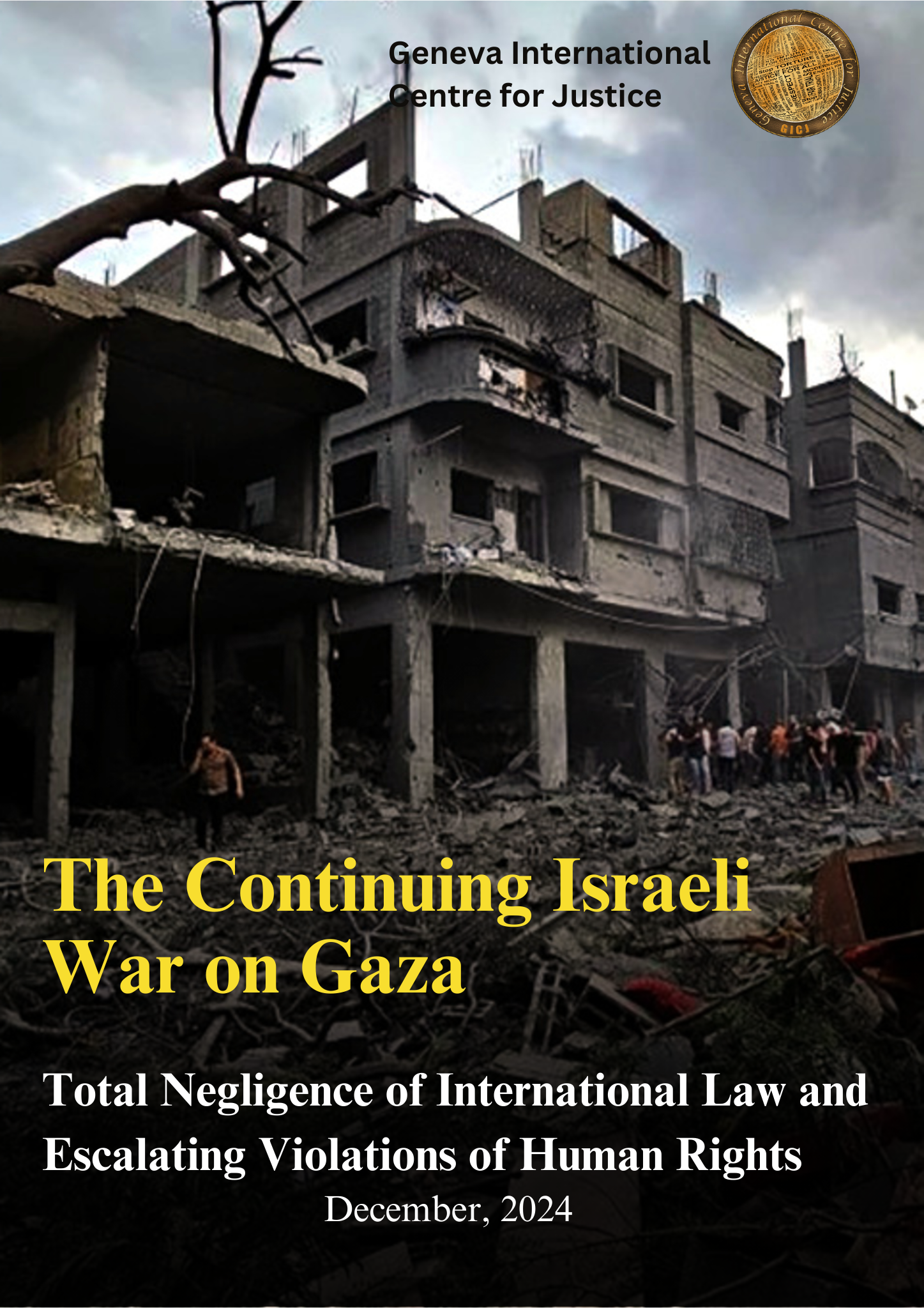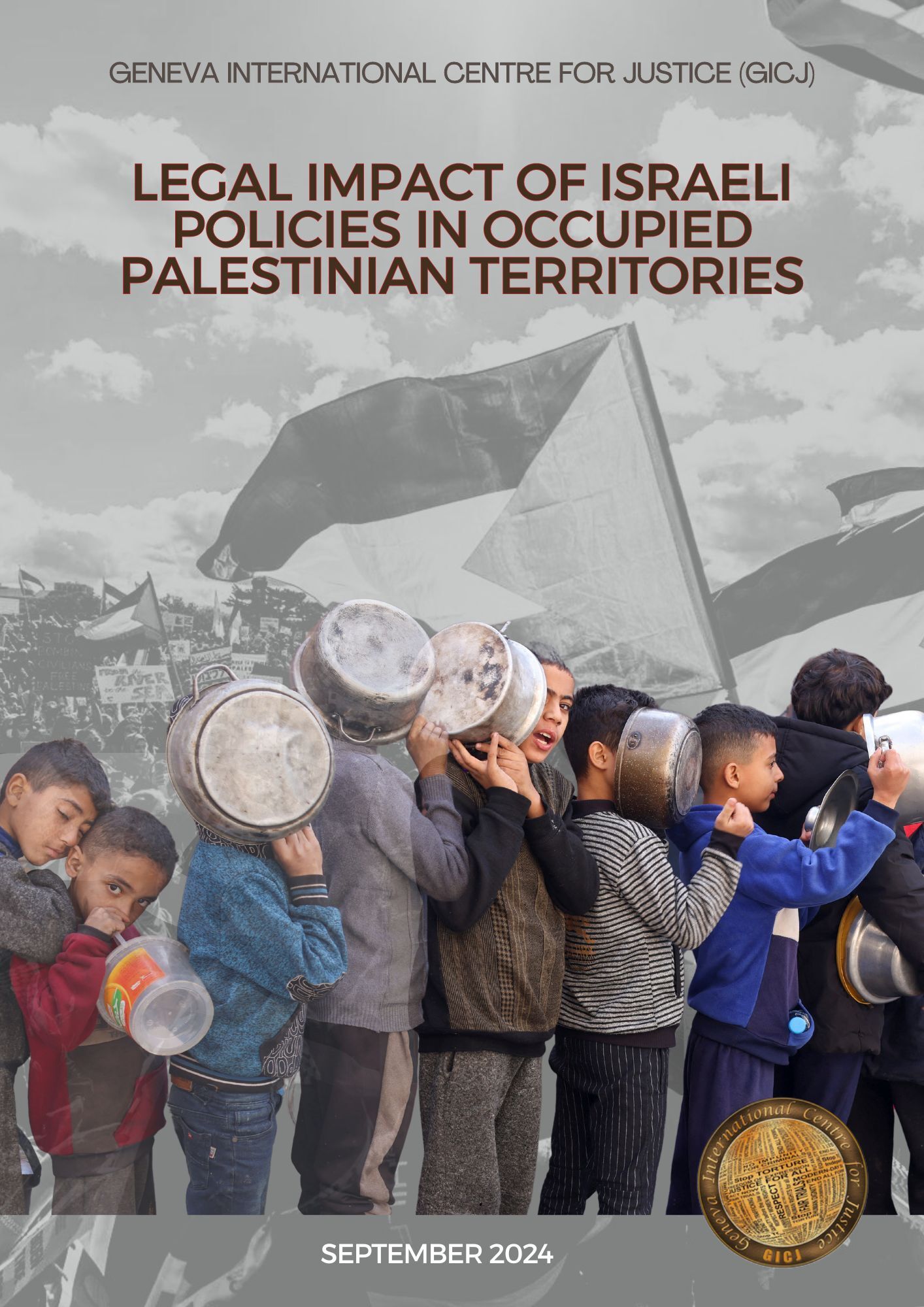By Louise Requin/GICJ
The latest developments on the war in Yemen are cause for concern, as the conflict intensified within the last month. Ma’arib, the government’s last bastion in North Yemen, is witnessing swift Houthi progression. In turn, rebels are facing drone defense by the Saudi-led coalition which cost them at least 130 casualties in the first few days of October, to which they respond by attacking Saudi Arabia’s own territory.
Special Envoy for Yemen Hans Gr unberg and Acting Assistant Secretary-General for Humanitarian Affairs Ramesh Rajasingham briefed the Security Council on the latest diplomatic and economic developments in Yemen. Grunberg held his first meetings with Yemeni leaders this month and met with Houthi negotiator Mohammed Abdel Salam. He pleaded in favor of a political solution and an involvement of the “interests of a diverse […] Yemeni society”.
unberg and Acting Assistant Secretary-General for Humanitarian Affairs Ramesh Rajasingham briefed the Security Council on the latest diplomatic and economic developments in Yemen. Grunberg held his first meetings with Yemeni leaders this month and met with Houthi negotiator Mohammed Abdel Salam. He pleaded in favor of a political solution and an involvement of the “interests of a diverse […] Yemeni society”.
The Houthis have been launching cross-border attacks on Saudi Arabia, some of which have killed civilians and migrant workers. Multiple representatives at the Security Council pleaded for de-escalation and the implementation of a ceasefire.
Yemeni journalist Maysaa Suja Al-Deen and Rajasingham expressed concerns over the economic situation, which, they stated, must be rectified before the end of the conflict. Suja Al-Deen demanded the Yemeni government pay its workers’ wages and counter pervasive corruption. The representative of Yemen responded that the payment of wages in full would remain impossible for as long as the Houthis would withhold tax payments to the central bank of Yemen. This situation worsens the provision of public services, which are already collapsing. Moreover, the delivery of international humanitarian aid is rendered impossible by the Houthis’ diversion and the coalition’s blockade, making it impossible to supplement the population with food or medicine.
Suja Al Deen addressed the conflict’s foreign involvement. She demanded of the coalition and neighboring countries that they make arrangements for the Yemeni workers exiled in their countries, calling out Saudi Arabia for expelling Yemeni refugees. She also accused Teheran and Moscow of backing up the Houthi militia. The Russian representative did not respond to the allegations, and only expressed its support for a UN-led government negotiation involving “all the existing interests” in Yemen. Suja Al Deen reminded the Council of the arms embargo, and demanded that all parties involved ignore their economic interests and stop weapons sales to the parties to the conflict.
Perhaps even more worrying is the possibility of an oil spill from the FSO Safer tanker. The tanker is out of order and deserted since 2015, and its deterioration could lead to a breach causing and oil spill. The Houthis agreed to a UN inspection, yet still prevent UN technical experts to access to ship. Needless to say that an oil spill would endanger Yemeni lives, compromise the environmental and commercial stability of the region, destroy fisheries, prevent access to safe water, food and humanitarian aid delivery. Kenya’s representative warned the Houthis that any legitimacy they may wish to enjoy in the future will be conditional on their willingness to prevent such a catastrophe.
Geneva International Center for Justice (GICJ) deplores the escalation of violence in Yemen, and call on the United Nations Security Council to exert all its efforts in order to implement its resolution toward establishing a lasting peace in Yemen.
Justice, Human rights, Geneva, geneva4justice, GICJ, Geneva International For Justice












